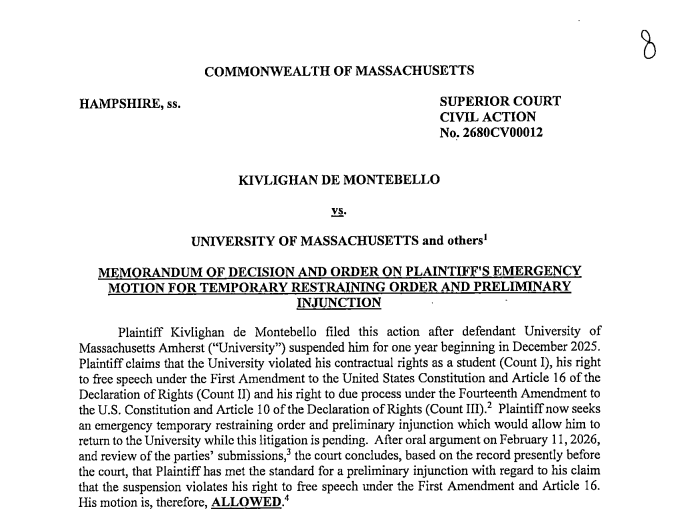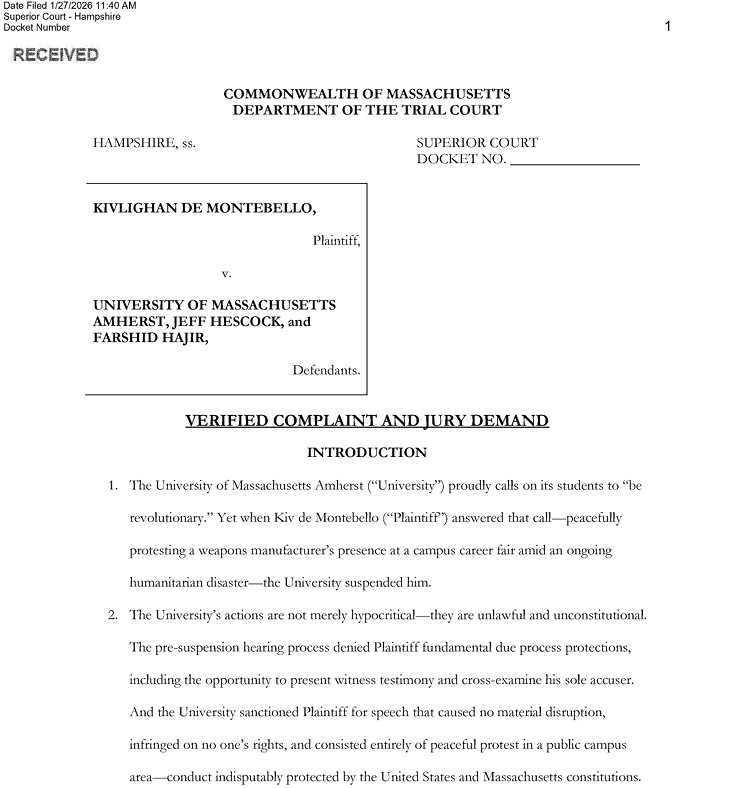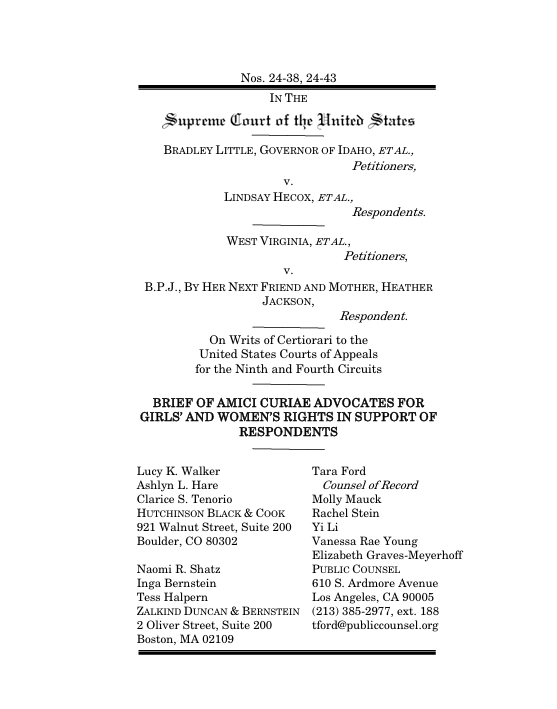It is wi th heavy hearts we announce the passing of Norman Zalkind, our friend, mentor, and Zalkind Duncan & Bernstein’s founder. Norman died peacefully at his home, surrounded by family on December 20. He was 87.
th heavy hearts we announce the passing of Norman Zalkind, our friend, mentor, and Zalkind Duncan & Bernstein’s founder. Norman died peacefully at his home, surrounded by family on December 20. He was 87.
Norman was one-of-a-kind. An exceptionally skilled trial lawyer and vigorous advocate for his clients, he fought to win. He taught generations of lawyers how to try cases: approaching each case with creativity, each legal challenge with rigor, and each jury with the story he crafted for them to hear. All the partners now at the firm, and many others in the legal community with whom he worked over the years, are the lawyers they are today in large part because of having had the opportunity to work with and learn from him.
Norman grew up in Brookline and attended Boston College and Boston University School of Law, after which he began his legal career as a civil rights lawyer. In 1964, at age 25, he traveled to Louisiana and Mississippi where he represented hundreds of people who were arrested protesting for civil rights. When he returned to Boston, he continued his criminal defense work on behalf of those arrested in mass protests for civil rights and against the Vietnam War. In 1969 he represented over 180 students arrested in the takeover of Harvard’s University Hall protesting the war. When he won acquittals on the first twenty cases he took to trial, the judge dismissed the rest of the charges. Norman spent the next six decades as one of Boston’s most accomplished criminal defense attorneys. Over his storied career he tried more than 130 cases before a jury, securing not guilty verdicts in cases ranging from fraud to murder.
 On February 13, 2026 a court enjoined UMass Amherst from suspending student Kivlighan de Montebello for his participation in an on-campus protest in September, finding that the suspension likely violates his free speech rights. The firm and the National Lawyers Guild sued the university last month after de Montebello’s suspension was imposed. On Friday a judge in the Hampshire Superior Court found that the behavior the suspension was based on–chanting outside of an on-campus career fair–did not cause a “substantial disruption” to a university activity as would be required for the punishment to be constitutional. CONTINUE READING ›
On February 13, 2026 a court enjoined UMass Amherst from suspending student Kivlighan de Montebello for his participation in an on-campus protest in September, finding that the suspension likely violates his free speech rights. The firm and the National Lawyers Guild sued the university last month after de Montebello’s suspension was imposed. On Friday a judge in the Hampshire Superior Court found that the behavior the suspension was based on–chanting outside of an on-campus career fair–did not cause a “substantial disruption” to a university activity as would be required for the punishment to be constitutional. CONTINUE READING › Boston Lawyer Blog
Boston Lawyer Blog













